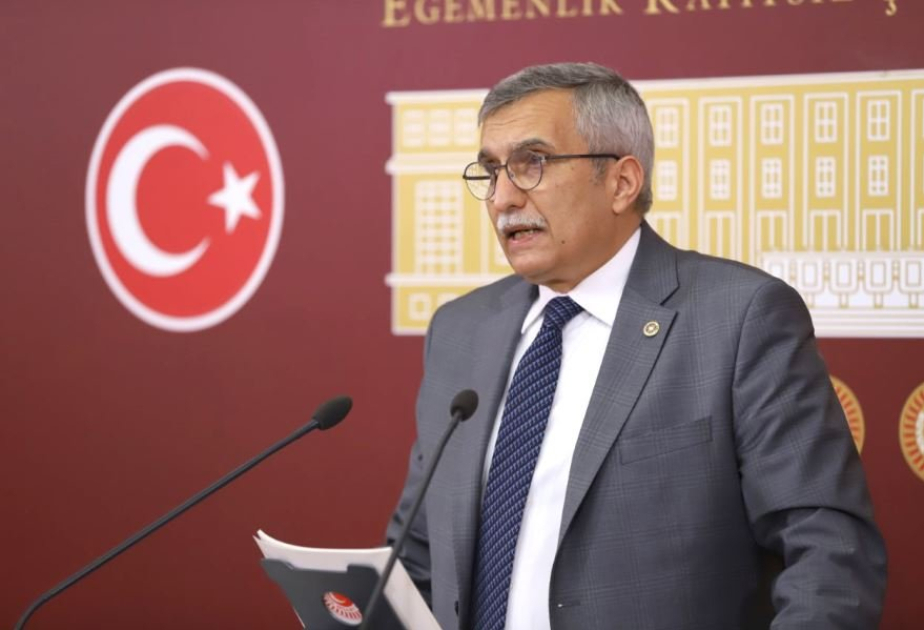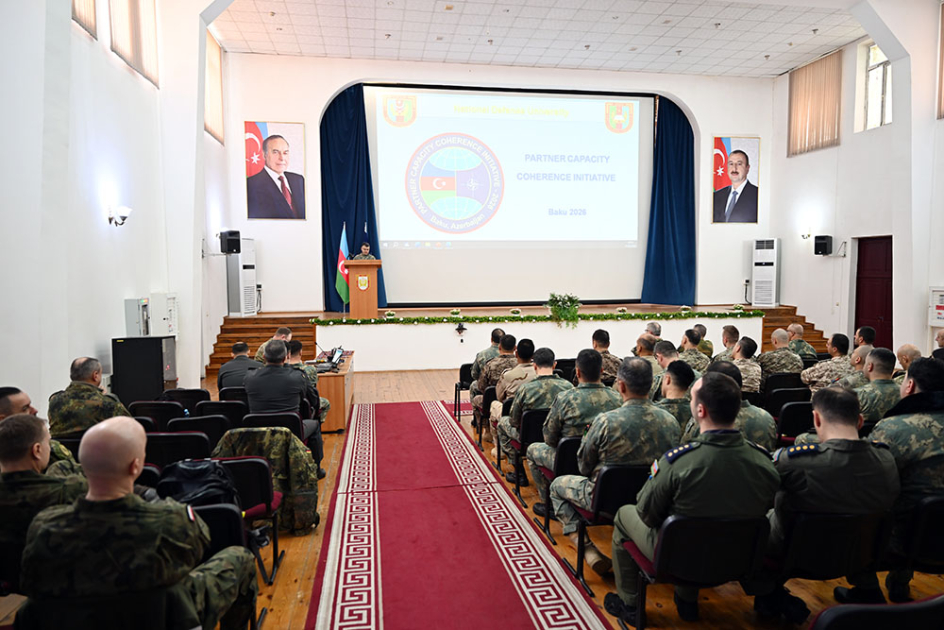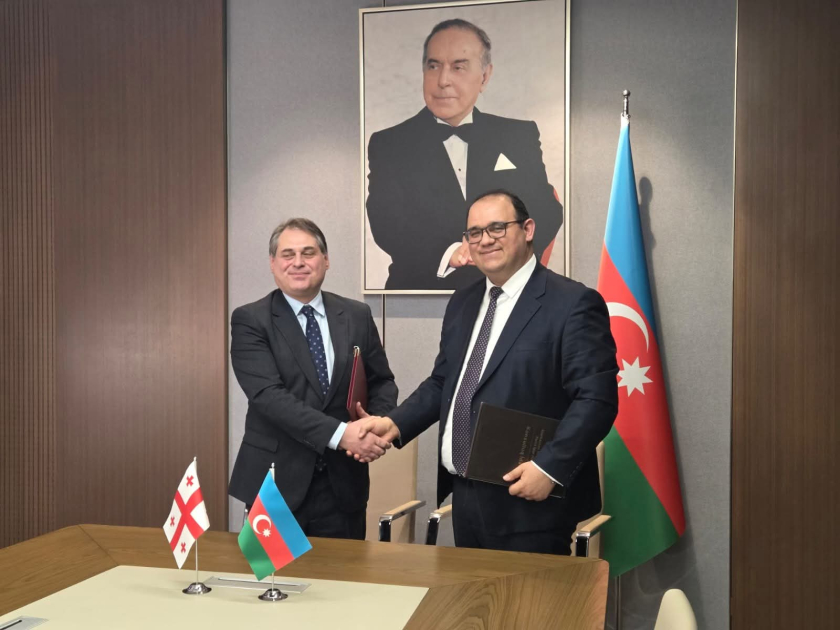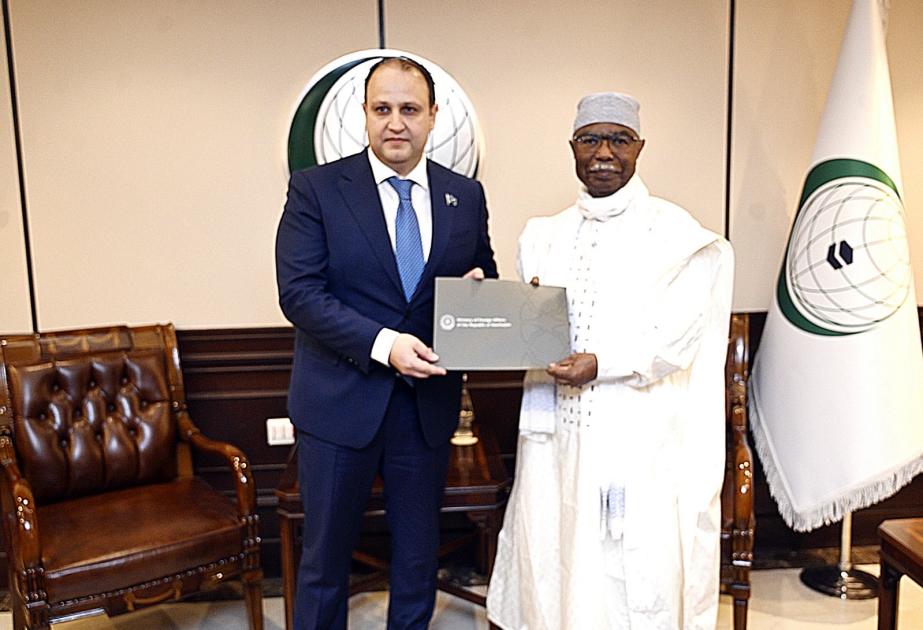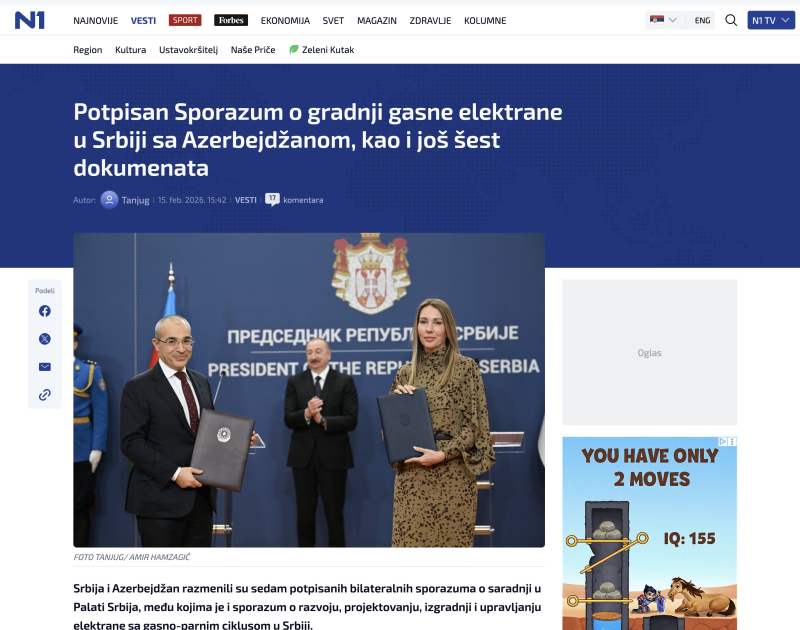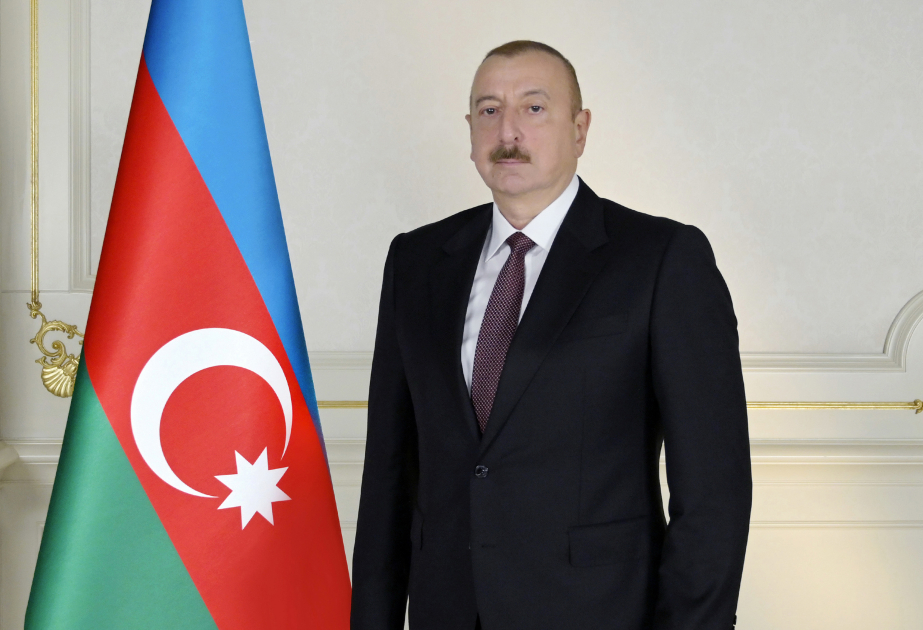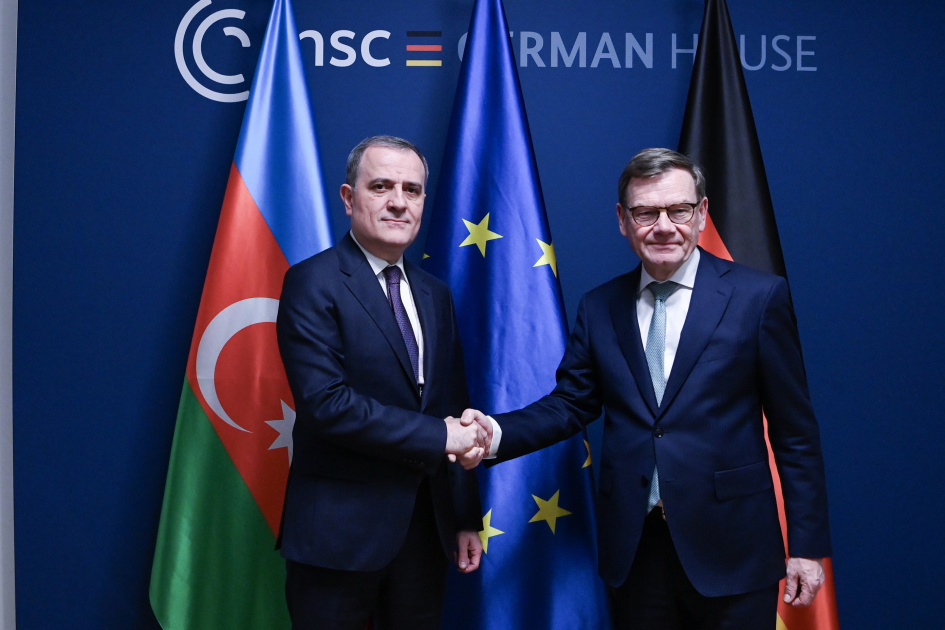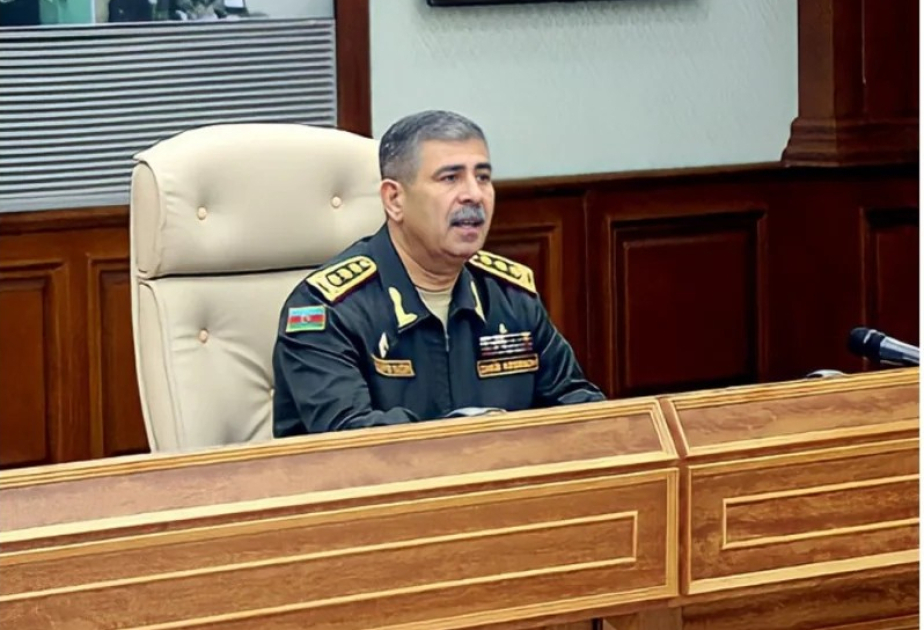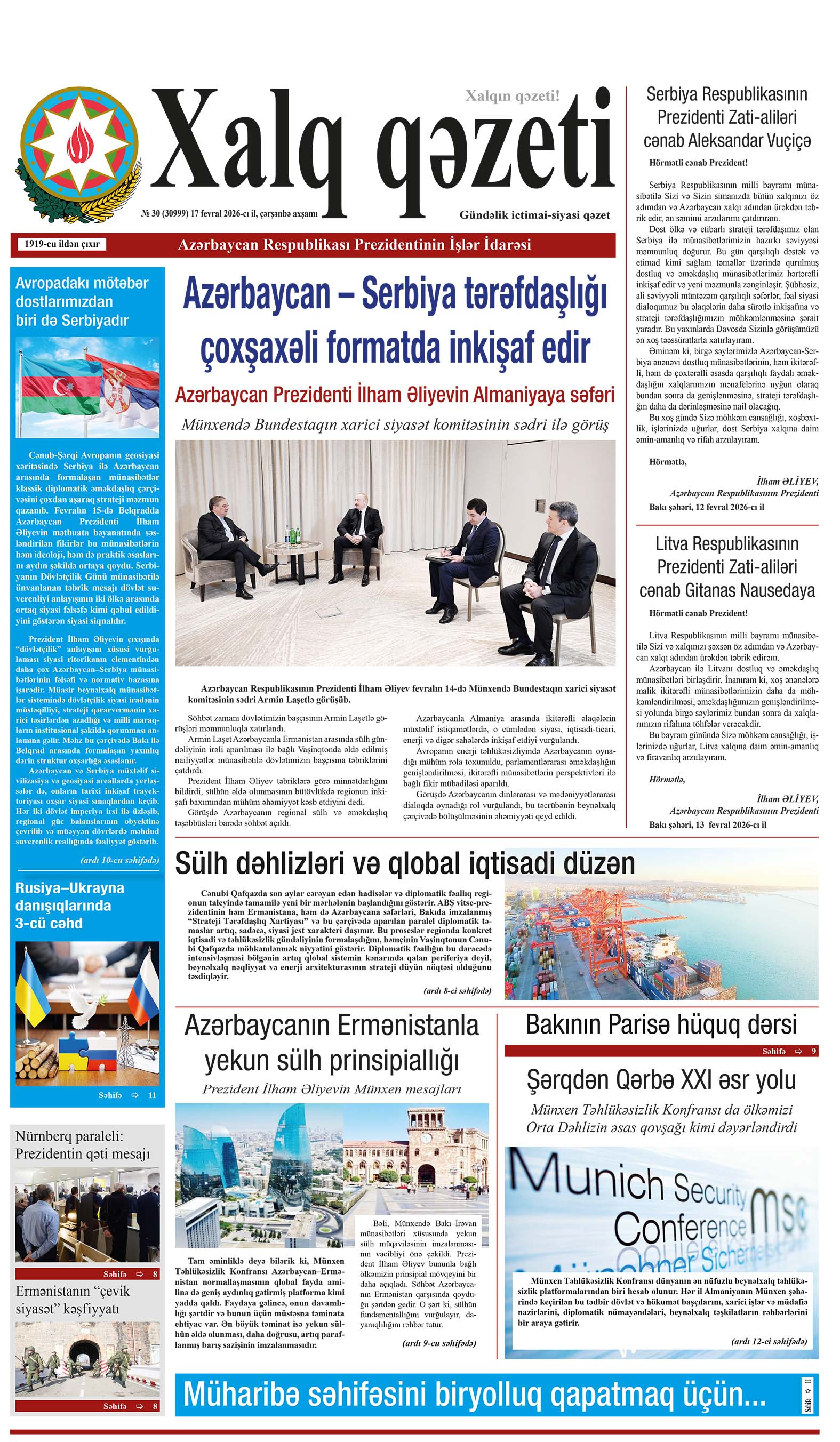On August 8, witnessed by U.S. President Donald Trump, the Peace Agreement between Azerbaijan and Armenia was initialed. At a time when international conflicts and crises are intensifying, this step toward peace is crucial for the stability of the region. The key aspects of this agreement for Azerbaijan are ensuring lasting peace in the region and the fulfillment of commitments made in this regard. The first positive step is the waiver of the unjust Section 907 imposed on Azerbaijan by the U.S. The most critical provision of the agreement is the future of the Zangezur Corridor, which will connect Azerbaijan’s western regions to Turkiye via Nakhchivan. The activation of this corridor will further enhance the significance of the historic Silk Road, known as the Middle Corridor, Yavuz Subaşı, a former member of the Grand National Assembly of Turkey (TBMM), said in a statement to AZERTAC.
Expressing that Azerbaijan will increasingly become the central hub of the global transport network connecting Asia and Europe, the former MP stated: “A South Caucasus characterized by peace and stability will become both a regional and global strategic center, with official Baku as its cornerstone. I would like to reiterate that the most critical issue here is Armenia’s adherence to its commitments and compliance with the agreements. The Declaration signed in Washington has also rendered the OSCE Minsk Group obsolete. The ineffectiveness of this group, established to resolve the issue following Armenia’s occupation of Karabakh, is evident to all of us. Azerbaijan liberated Karabakh on its own. The Joint Declaration signed at the Washington Summit also eliminated the function of this group.”
Yavuz Subaşı emphasized that Turkiye has always supported and will continue to support every step aligned with Azerbaijan’s interests: “I hope this agreement contributes to Azerbaijan’s development and strengthening, enabling it to continue its path as both a global and regional power.”


